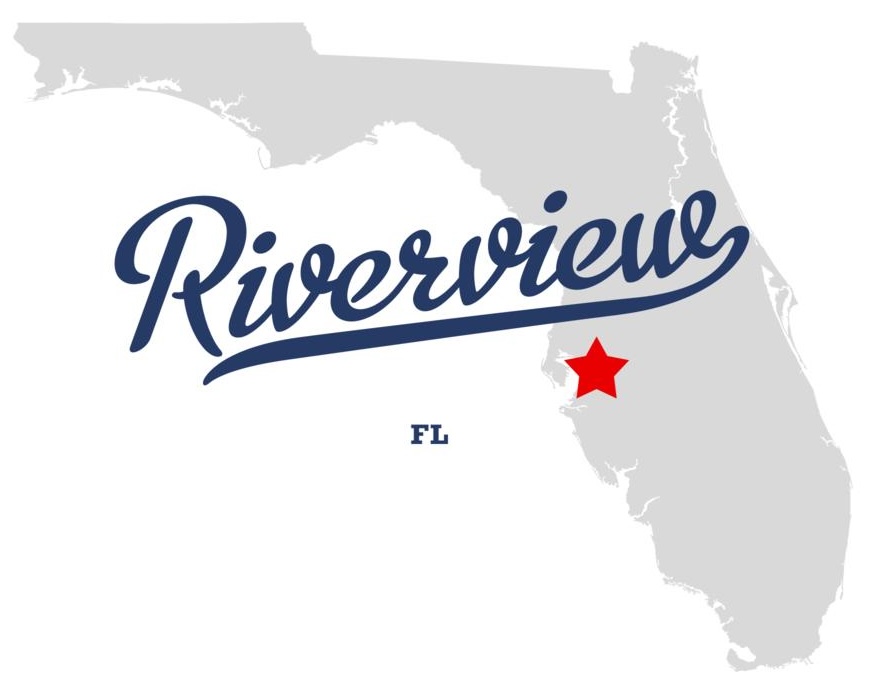
It has been a very hectic time for the people of Ferguson, Missouri. The death of an unarmed man named Michael Brown at the hands of law enforcement has launched a flood of rallies, protests and anger. In order to gain a better perspective, we sat down with Board Certified Criminal Trial Lawyer (and former prosecutor) Michael Kenny. Below are the answers to some general questions about this incident and what people should expect in the near future.
1. What is the process that officers go through when there is an officer involved in a shooting?
Of course, every jurisdiction is different, but in most circumstances, the prosecutor conducts an investigation to determine if the shooting was justified.
2. Why hasn’t anyone been arrested?
Since law enforcement officers have a duty to carry firearms and use firearms in the execution of those duties, a determination must first be made whether the shooting was improper. To make an arrest prior to knowing all of the facts would be a reckless miscarriage of justice.
3. How important is it that the decedent was unarmed at the time of the shooting?
It is certainly a relevant factor that goes into the equation, but the inquiry certainly doesn’t end there. After all, there are situations where the shooting of an unarmed assailant would be justified. We would need to know all of the facts surrounding the interaction that unfortunate day. Until those facts are revealed, everything about what may have happened or could have happened is speculation.
4. What is a grand jury and how is that involved here?
A grand jury is comprised of a group of citizens empanelled to serve for a period of time until that term expires. Their job is to hear evidence and decide whether to issue an indictment for a particular charge. An indictment is a charging instrument issued by a grand jury after hearing evidence. The only charge that requires an indictment by a grand jury is murder. In some instances, when matters of great public importance are concerned or where matters involve public officials, grand juries are used.
5. Do we get to know what is presented to the grand jury?
All proceedings involving grand juries are kept confidential. There is no judge present. The prosecutor presents facts and evidence, and then the grand jury decides. Defense attorneys may be permitted to attend but they cannot cross examine or question witnesses in most cases.
6. How is the Department of Justice involved?
The Federal Government might conduct its own investigation to determine if the decedent’s civil rights were violated. While homicide is a state charge, the federal government has jurisdiction to prosecute under the Civil Rights Act. Facts would have to be determined that the decedent’s civil rights were intentionally violated by the official when the shooting occurred.
7. What is going to happen from here?
As I always tell my juries, we can’t make decision about what will happen or what should have happened until we hear the evidence. Keep an open mind and listen to the facts without rushing to judgment. I hope that justice is served by the careful and deliberate investigation of this matter. Until the facts are known, let’s reserve judgment. Justice is never served by a wreckless conclusion based upon anger or speculation.
-
April 19, 2024
Post-Car Accident in Deltona, Florida -
April 19, 2024
Legal Fees in Riverview, Florida -
April 19, 2024
Slip and Fall Cases in Riverview, Florida
Contact Us
About Your Case
We're ready to fight on your behalf. Request a free, no-risk consultation with our attorney's today.




